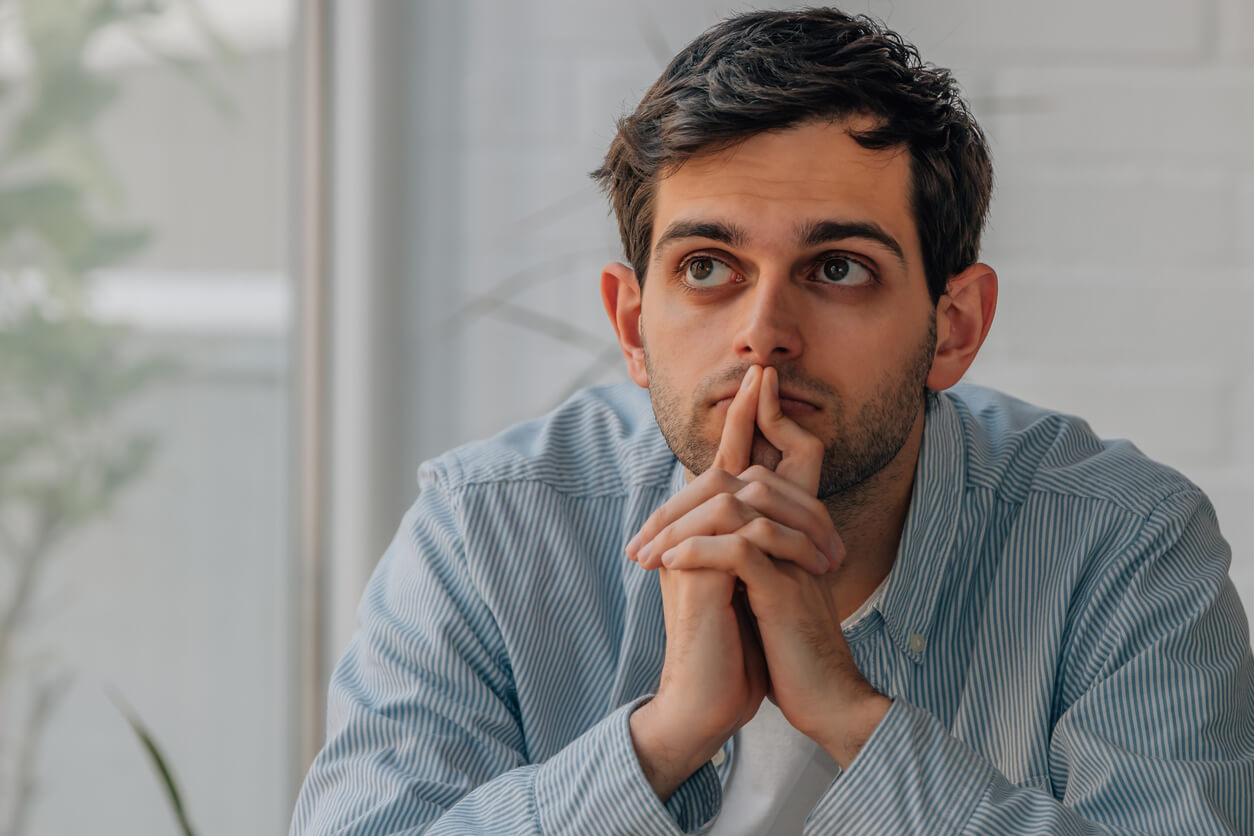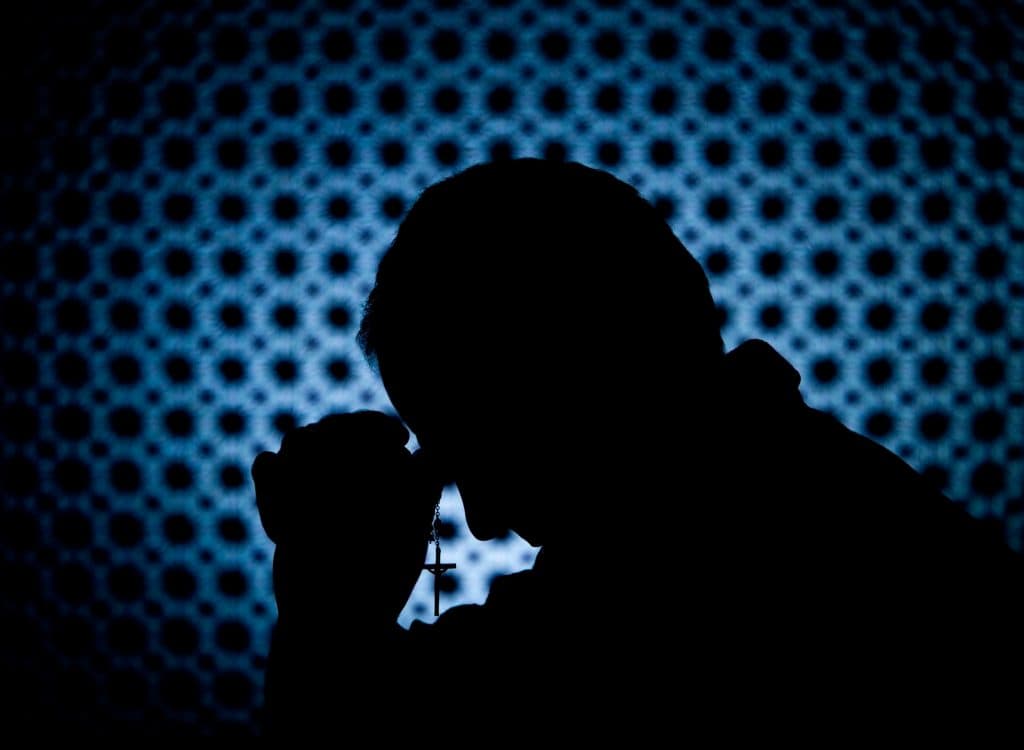We live in a time when sensitivity toward others and understanding them are upheld as the highest virtues. Yet somehow this changes when it comes to sensitivity and understanding towards those trying to keep pornography out of their lives.
I’ve seen many people offended by the suggestion that pornography is harmful. If a parent shows concern for the things their child might be exposed to online, some construe this as sexual repression. Often, those taking steps to avoid pornography are shamed as being “weird.”
“If you don’t wanna look at porn, don’t look at porn? It’s kinda that easy, right?”
This puts people in a tough spot. While the Christian community is quick to point out the evils of porn, it has often failed to be a safe place where people can seek help. But even in the broader culture, anyone who acknowledges the temptation of porn and the difficulty of pulling away from it is mocked and ridiculed.
“Why make such a big deal about it?”
I want to encourage you.
It’s not “weird” to think that porn is harmful.
There’s a growing number of people who recognize the dangers of pornography. It’s not just religious groups. Organizations like Fight the New Drug raise awareness about the harms of pornography to a secular audience, and non-religious recovery communities like NoFAP have hundreds of thousands of people involved in their groups.
Furthermore, the courts are increasingly recognizing the evil perpetrated by pornographers. Some of the largest mainstream pornography distributors have now been implicated in sex trafficking.
Even though the medical community does not officially diagnose pornography addiction, it is increasingly recognized along with other behavioral addictions. More significantly, concerns about the effects of pornography and screen time in general are quickly becoming mainstream as more experts raise red flags. I’ve written another article detailing the negative effects of pornography, but here’s a quick summary:
- Porn is addictive
- It wastes your time
- Porn can hinder your goals
- It hurts mental health
- It weakens relationships
- Porn can cause sexual dysfunction
- It promotes sexual violence
No, it’s not weird at all. Those who mock these concerns are sadly uninformed, out of touch, and likely never have seen the distress of those struggling.
You don’t need to be ashamed.
If the public discussion about pornography has you feeling ashamed or confused, I want to assure you that there’s nothing wrong with you. Whether you struggle with pornography personally, whether it’s affected your life in some other way, or if it’s just something you want to avoid, you’re experiencing the effects of a widescale cultural problem.
Covenant Eyes recognizes the dangers of pornography, and it exists to help people who want to keep it out of their lives. Every day, thousands of people just like you are looking for help to avoid porn. Committing to a porn-free life is a heroic aspiration, and Covenant Eyes is here to equip you for the journey.
You can find freedom from porn.
The world says, “If you don’t like porn, just don’t look at it,” while simultaneously bombarding our phones, computers, and TVs with it. This can be deeply discouraging. Parents want to protect the innocence of their children. Many people of all ages may dislike porn—and its negative effects— and are looking for ways to distance themselves from it as far as possible.
I’ve spoken with countless individuals who describe both loving and hating porn—wanting to be rid of it, but feeling its power in their lives. Many feel at a loss at how to avoid it when porn is so pervasive in our digital environments.
You’re not alone, and you can live a life free from pornography. Covenant Eyes is here to support and encourage you in any way we can. Check out our free Victory app for more.










0 comments.